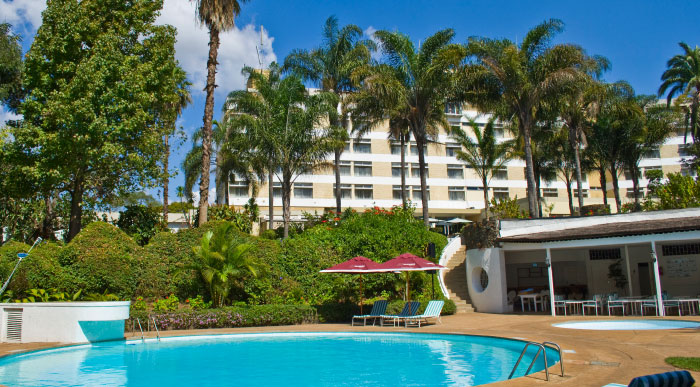By Steven Godfrey Mkweteza
Tourism is one of the sectors that are considered to have potential to improve the economy and reduce high levels of unemployment in the country.
Currently, tourism comes third among the largest contributors to the Malawi’s GDP after tobacco.
The Malawi growth and development strategy 11, government’s overarching policy framework, recognizes tourism as a priority and growth sector for developing the country’s economy. It also recognized tourism as a vehicle for diversifying the economy to complement tobacco, which is currently facing an uncertain future due to growing anti-smoking campaigns in developed countries.
And for Dorothy Mkandawire, it is from the tourism business that she got the basic necessities for her seven member family. School fees, clothes, food and other human basic things came from the products of her lodge that she owns in Likoma Island.
According to Mkandawire, she has been into the tourism business for the past ten years and saw no reason of changing for another trade.
However, Mkandawire is now worried about the future of her business.
“The turn up for participation of both the local ethnic and foreign delegates is embarrassingly minimal and not encouraging at all unlike in the past. This is due to travel restrictions imposed by other countries due to the threats of covid-19 cases,” says the 42 year old Mkandawire.
The complaints from Mkandawire are not the isolated case. Many investors in tourism sector in the country have been worried about the future of their business as regards to the Corona virus (covid-19) outbreak which has resulted in thousands of deaths globally.
What started as a mere jock when it was first discovered in china is now real to many countries worldwide. The pandemic has also now wreaked havoc in many sectors of development such as tourism as many countries have instituted the travel ban or lockdown for fear of spreading the virus further to many sectors of the society.
Going or loitering around hotels, lodges, motels and any other tourist’s attraction avenues in the country, one can bear witness that most of them are almost empty.
However, it has been observed that some of the tourist’s destination places have increased their prices in an effort to make profits from the small business they are getting. This has also seen the local ethnic tourists not fully patronizing the places, a situation which will in a long run, contribute to most of them closing business or laid off staff.
“It’s likely that our national revenue expectation from the tourism sector is going to drop. Many of the businesses are no longer operating while others are scaling` down and close businesses. This is because they are not making business due to low participation of delegates due to restrictions on covid-19, “says Vuwa Kaunda, the minister of industry, trade and tourism when inspecting Majete Game Reserve in Chikwawa district recently.
Noting the detrimental effects the industry has been going through, Kaunda says the government has scrapped off the levy which the tourism sector was remitting.
“As government, we are exploring on various ways to cushion the tourism sector from the covid-19 effects. Therefore, taking off the levy is one of the ways to sustain tourism businesses,” he said.
The levy, according to Kaunda, was meant to be used for infrastructure development.
Just last month, President Arthur Peter Mutharika declared covid-19 a national disaster and banned gatherings of more than 100 people. This restriction applies to all gatherings including weddings, funerals, church congregations, political rallies and government meetings.
The world’s tourism council says travel and tourism is the world’s largest and fastest growing industry responsible for more than 10 percent of the global economy.
In 2015, Malawi received 805,000 international tourists who generated K93.6 billion in tourism revenue, representing 2.8 percent of the GDP and employed over 108,000 people. The rise in tourism demand in recent years has been contributed by the number of factors. These include increased paid holiday in developed countries, the dropping retirement age, declining cost of travel, advancement in technology and medicine.
But the development of tourism should not be the responsibility of government alone. It must be a partnership between ordinary people who welcome and entertain visitors and government who put in place strategies to raise tourism to international standards.




